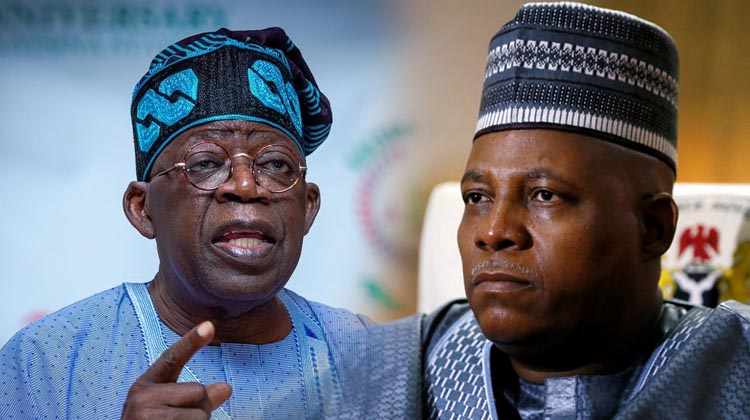A coalition representing Nigeria’s northern states has thrown its weight behind President Bola Tinubu and Vice President Kashim Shettima ahead of the 2027 general elections, citing significant strides in addressing long-standing regional challenges. The Northern Progressives Coalition (NPC), an umbrella group of traditional leaders, civil society organizations, and political stakeholders from the 19 northern states, endorsed the administration during a gathering in Abuja, calling it the “most dependable leadership” in Nigeria’s 65-year history.
Usman Abdullahi, the NPC’s convener, argued that Tinubu’s policies have driven what he described as a “socio-political renaissance” in the North, emphasizing improvements in infrastructure, education, and economic inclusion. He highlighted systemic issues such as underdevelopment, marginalization, and infrastructure gaps, which the administration has prioritized since taking office in May 2023. “For too long, the North’s realities—from Bauchi to Zamfara—were reduced to statistics. But in under two years, this government has brought tangible progress,” Abdullahi said.
Key achievements cited include the commissioning of a cancer treatment center in Katsina, reducing the need for patients to seek care in distant cities, and the National Student Loan Scheme, which has disbursed ₦77 billion ($54 million), with 55% of beneficiaries from northern states. The coalition also noted education reforms, including 120 solar-powered learning centers and revitalized Almajiri schools—informal Islamic institutions—through partnerships with the Universal Basic Education Commission (UBEC).
Infrastructure projects such as the ₦740.79 billion ($520 million) Abuja-Kaduna-Zaria-Kano Road and the 1,068km Sokoto-Badagry Highway were flagged as evidence of renewed commitment to regional connectivity. Abdullahi stressed that subsidy removal and tax reforms had redirected funds toward grassroots development, empowering agricultural sectors and small-scale traders.
While praising the administration’s focus on northern representation in federal agencies, the NPC urged further initiatives, including agro-processing zones, youth tech hubs, and a dedicated fund for women entrepreneurs. The coalition criticized opposition figures as “lacking vision,” accusing them of historical neglect, and warned against “political experimentation” in 2027.
The endorsement comes amid debates over contentious reforms, including fuel subsidy cuts and currency fluctuations. Abdullahi argued that Tinubu’s policies require sustained implementation, stating, “Stability is non-negotiable to realize the full benefits of these reforms.”
Tinubu’s allies hope the NPC’s backing will consolidate support in a region pivotal to electoral success, though critics caution that systemic challenges persist. The coalition’s call highlights both optimism and urgency, framing 2027 as a referendum on continuity for Nigeria’s most populous—and politically influential—region.
